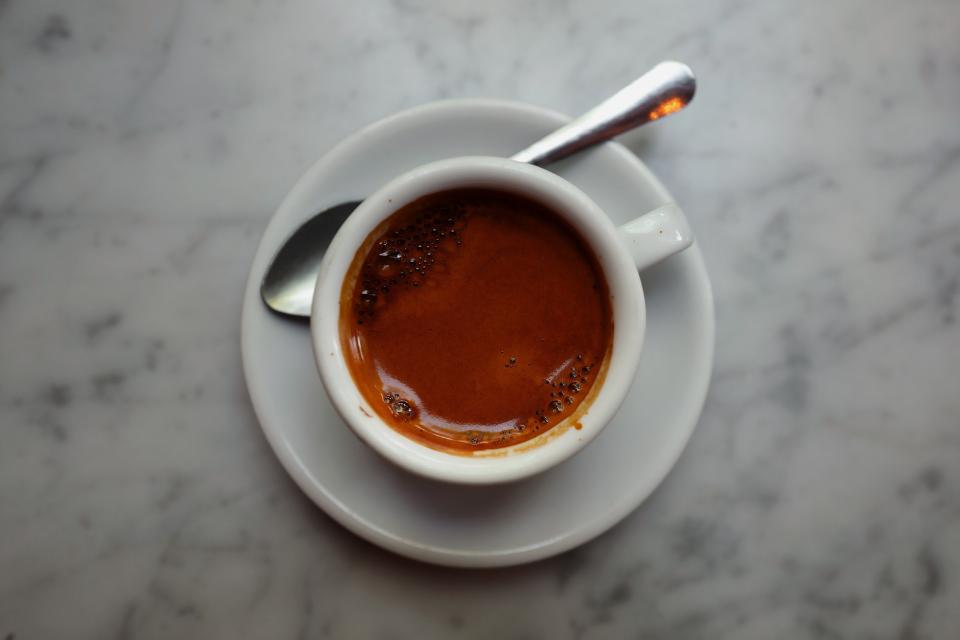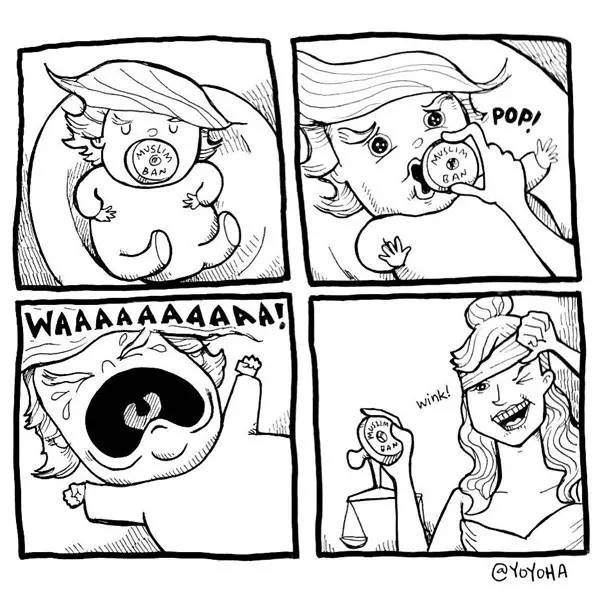Will the mouth fade after drinking coffee? Maybe it's caffeine!

For professional baristas, please follow the coffee workshop (Wechat official account cafe_style)
Caffeine can get rid of morning fatigue and activate energy. But a study from Cornell University found that caffeine temporarily paralyzes taste buds, making food and drinks less sweet. The study was published in the journal Journal of Food Science.
Caffeine is a powerful adenosine receptor antagonist. Inhibiting adenosine receptors keeps people awake and weakens their ability to sense sweetness, so it makes people want to eat more sugar.
Robin Dando, an associate professor of food science and author of the study, said: "caffeine can change your taste when you drink coffee, and if you eat directly after drinking caffeinated coffee or other drinks, you will feel very different about the food." "caffeine reduces human sensitivity to sweetness, supporting the idea that adenosine receptors regulate taste," the article said. "
In the blind study, one group of subjects drank decaffeinated coffee with 200 milligrams of caffeine, about the same amount as their daily caffeine intake. The other group of subjects drank simple decaffeinated coffee, while both groups added the same amount of sugar. The group that drank caffeine thought it was less sweet.
In the second experiment, subjects were tested for their alertness and asked to estimate the amount of caffeine in the coffee they drank. Subjects who drank caffeinated or non-caffeinated coffee were more alert, and none of the subjects could predict whether the coffee they drank was caffeinated.
"We think the behavior of drinking coffee may be a placebo or an adjustment effect." Dando said. "considering the Pavlov effect, the act of drinking coffee is often accompanied by vigilance, even if the subjects drink coffee without caffeine."
"Coffee behavior seems to be very important," Dando said. "just thinking about what you're doing will wake you up and you may feel more awake." (biological Valley Bioon.com)
Important Notice :
前街咖啡 FrontStreet Coffee has moved to new addredd:
FrontStreet Coffee Address: 315,Donghua East Road,GuangZhou
Tel:020 38364473
- Prev

Tatami coffee-- pay more attention to space atmosphere when drinking coffee
Professional baristas Please follow the Coffee Workshop (official Wechat account cafe_style) when Japan's Starbucks enters the town house to dominate the landscape, and Taiwan's first Apple store builds a paper-cut art wall, space power has become a necessary condition for competition in the global living industry. Have you seen this? Kyoto is the city with the largest consumption of coffee in Japan. Each household consumes three yuan a year.
- Next

Coffee addicted JOSH HARA and his coffee cup illustration
Professional barista communication Please follow Coffee Studio (Wechat cafe_style) Josh Hara (Yoyoha) is an American illustrator famous for his interesting illustrations on coffee cups. Instagram in March 2014, Hara began to publish his coffee cup illustrations on Instagram, with a goal of completing 100 coffee cup illustrations. In many houses
Related
- Is Dirty the cold version of Australian White? What is the difference between dirty coffee/decent coffee and Australian white espresso?
- Relationship between brewing time and coffee extraction parameters How to make the brewing time fall to 2 minutes?
- Got entangled?! Lucky opens a new store, Mixue Ice City, and pursues it as a neighbor!
- How long is the shelf life of high-quality hand-brewed hanging ear coffee? Why is the taste period of hanging ear coffee ground into powder only one month?
- Why does hand-brewed espresso smell good but taste bitter? Is the flavor of high-quality hand-brewed coffee aroma or taste?
- Special treatment? COSTA's China business was evaluated separately!
- Match with Xi Tea?! Lucky will launch the new "Snow Cheese Grapes"
- What is the recommended proportion of water temperature and grinding time for hand-flushing Huakui coffee beans? What parameters should be used for cold extraction and cold brewing hand-brewed Huakui coffee?
- Share the most detailed golden formula for cold extract coffee making on the whole network! What proportion of ground is used to make cold coffee brewed for several hours?
- What are the advantages of segmented water injection for hand-brewed coffee? How many stages should I fill the water when making coffee and what is the best time for grinding the water temperature?

